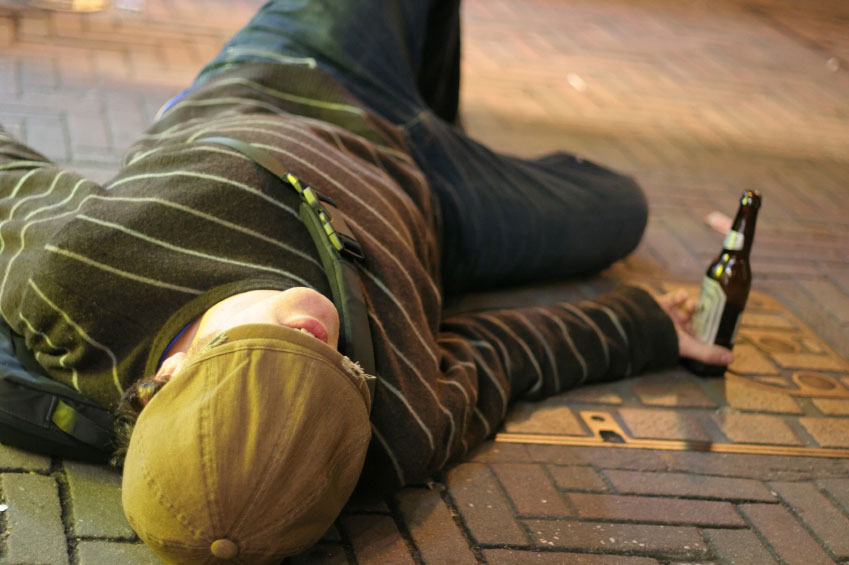Recovery from alcohol addiction is a challenging and complex process, marked by achievements and setbacks. One of the most disheartening aspects of this journey is the occurrence of relapse. Despite a sincere desire to stay sober, many alcoholics find themselves returning to old habits. Exploring the reasons behind relapse is essential for both individuals struggling with addiction and their support systems. By comprehending the factors that contribute to relapse, we can develop more effective strategies for long-term recovery.
- Neurological and Psychological Factors Alcohol addiction doesn’t just affect behavior; it profoundly impacts the brain’s structure and function. Prolonged alcohol use can alter the brain’s reward system, making it hypersensitive to alcohol-related cues and decreasing sensitivity to natural rewards. When attempting to quit, individuals may face intense cravings triggered by these changes, leading to relapse. Additionally, psychological factors like stress, anxiety, and depression can play a significant role. Alcohol often serves as a coping mechanism for these emotions, and without healthy alternatives in place, the risk of relapse increases.
- Triggers and Environmental Influences Certain situations, places, people, and emotions can serve as powerful triggers for relapse. These triggers can evoke memories of pleasurable experiences associated with alcohol, making it difficult to resist temptation. Environments where alcohol was commonly consumed or situations that were stressful can prompt an individual to seek solace in alcohol once again. The people around a recovering alcoholic can also impact their ability to stay sober. If a person’s social circle predominantly consists of heavy drinkers or enablers, the pressure to conform can be overwhelming.
- Lack of Coping Skills Recovery demands the acquisition of healthy coping skills to manage stress, cravings, and emotional upheavals. Many individuals, especially those who have relied on alcohol for years, may not have developed these skills. When faced with life’s challenges, the absence of effective coping mechanisms can lead to relapse as individuals revert to what they know best – alcohol consumption.
- Overconfidence and Denial Feeling overconfident in one’s ability to resist temptation is a common pitfall during recovery. This mindset can lead to complacency, causing individuals to disregard the importance of ongoing effort and vigilance. Denial, another psychological aspect, can convince someone that they no longer have a problem or that they can control their alcohol use, leading them back into the cycle of addiction.
- Physical Dependence and Withdrawal Alcohol withdrawal can be physically uncomfortable and even dangerous for those with severe addiction. Symptoms such as tremors, nausea, anxiety, and even seizures can be severe enough to drive someone back to alcohol for relief. The fear of experiencing these withdrawal symptoms can deter individuals from attempting to quit or push them into relapse.
Relapse is a common yet disheartening aspect of the journey to recovery from alcohol addiction. It’s important to recognize that relapse doesn’t signify failure; rather, it underscores the complexity of the addiction and recovery process. Understanding the multiple factors that contribute to relapse – neurobiological, psychological, environmental, and interpersonal – is crucial for developing comprehensive strategies that enhance the chances of long-term sobriety. Support systems, therapy, education, and a commitment to healthy coping mechanisms all play vital roles in reducing the likelihood of relapse and achieving sustained recovery.

